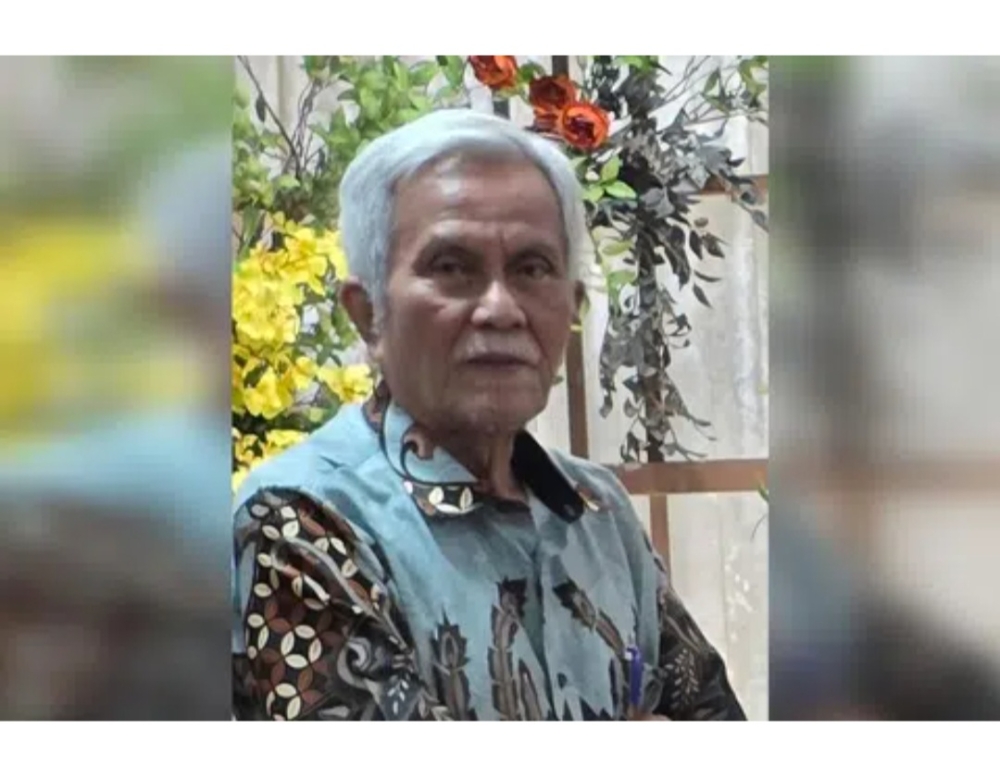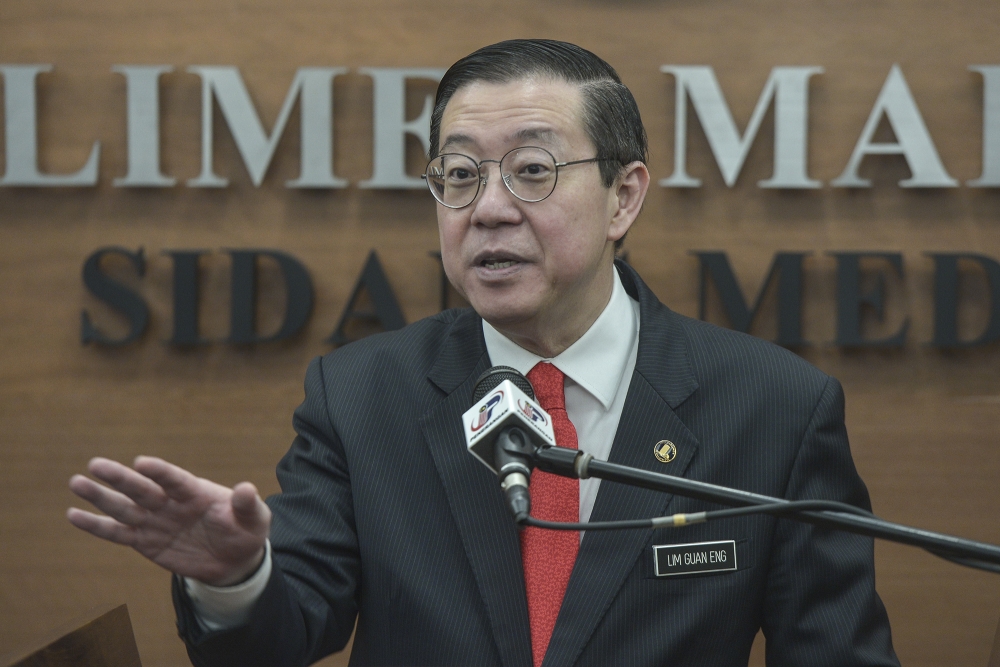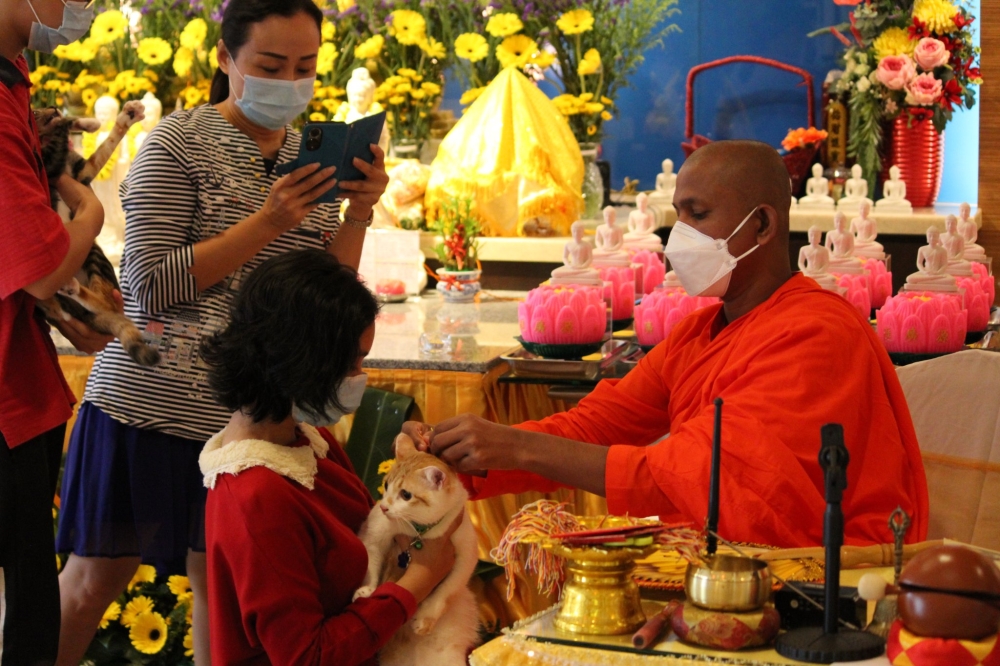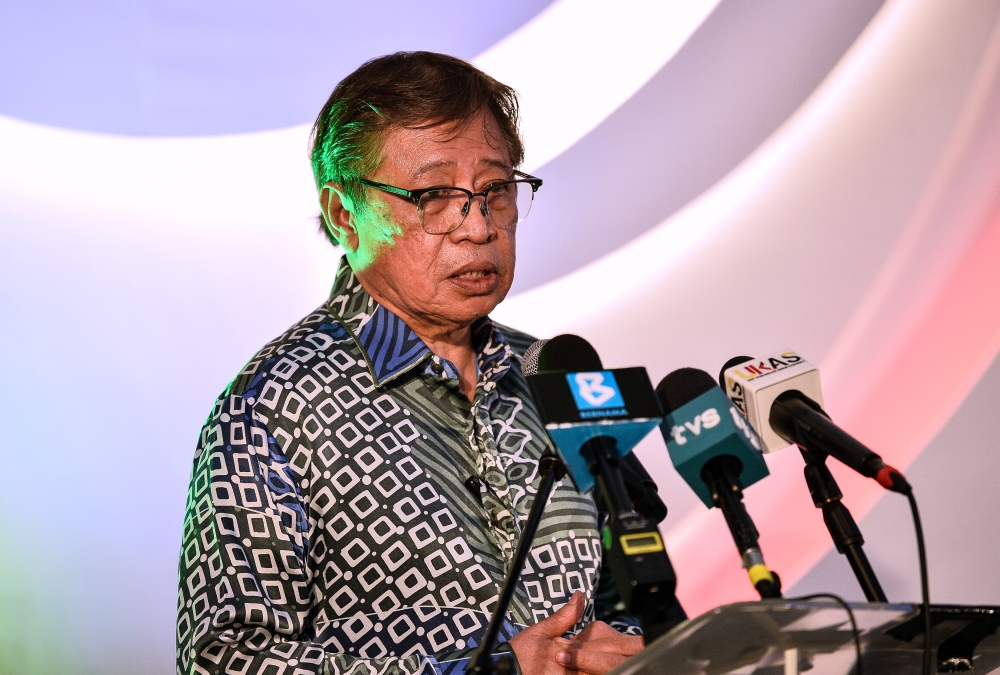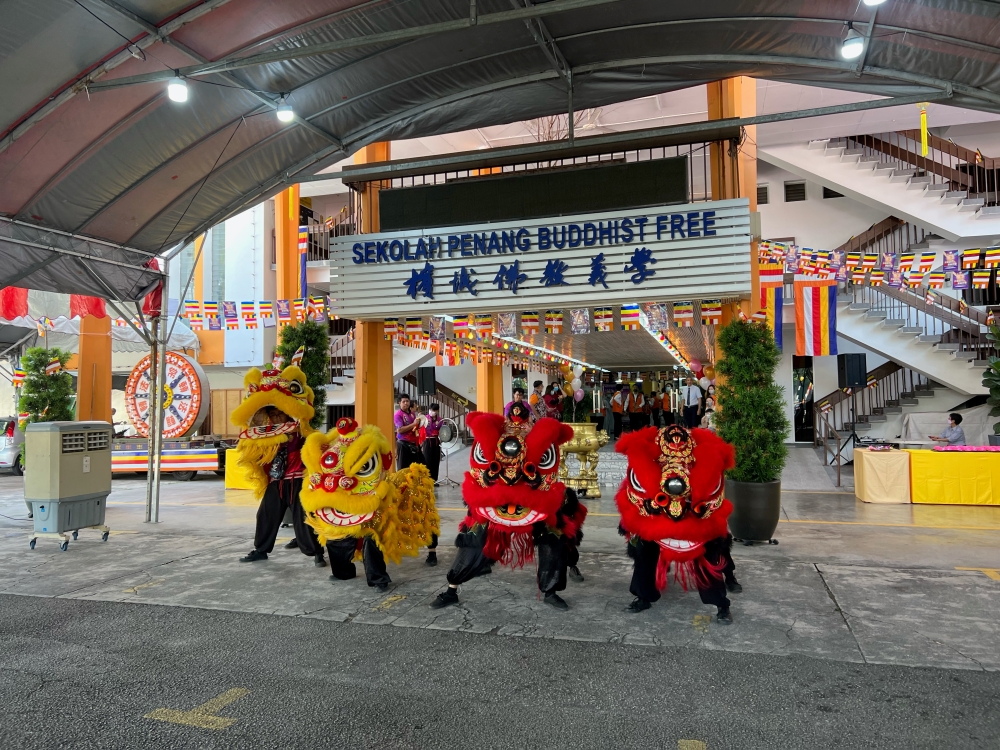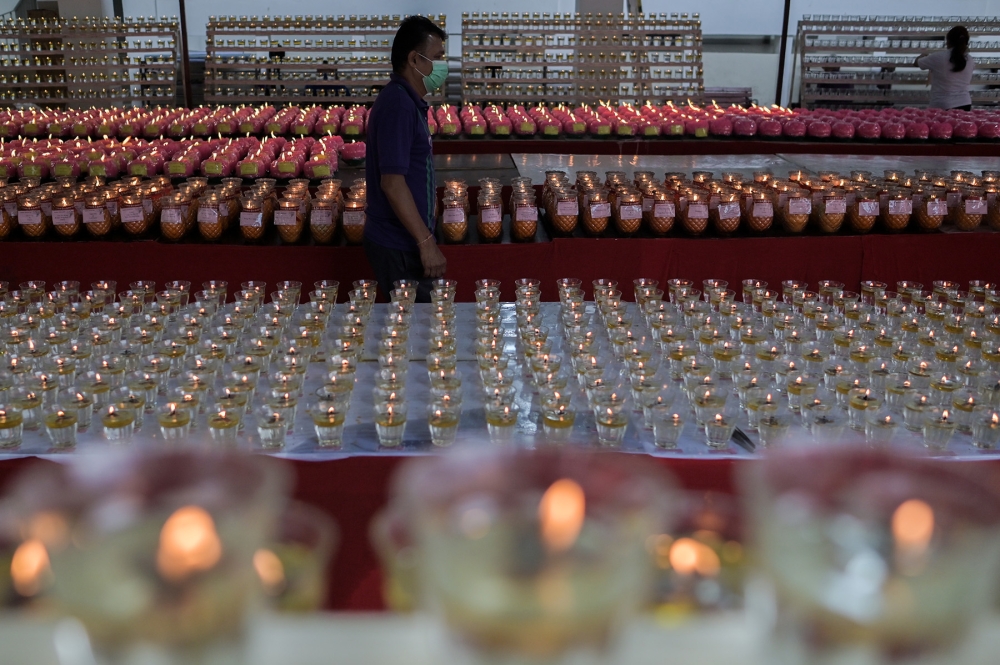KUALA LUMPUR, May 4 — Before the arrival of Covid-19, few devotees, if any, would have considered offering prayers virtually for Wesak celebrations, but it became their only resort during that period.
Now, after three years, devotees can finally look forward to Wesak in all its glory, especially the return of float processions, which are the highlight of celebrations.
Wesak Day marks Buddha’s birthday and commemorates his enlightenment.
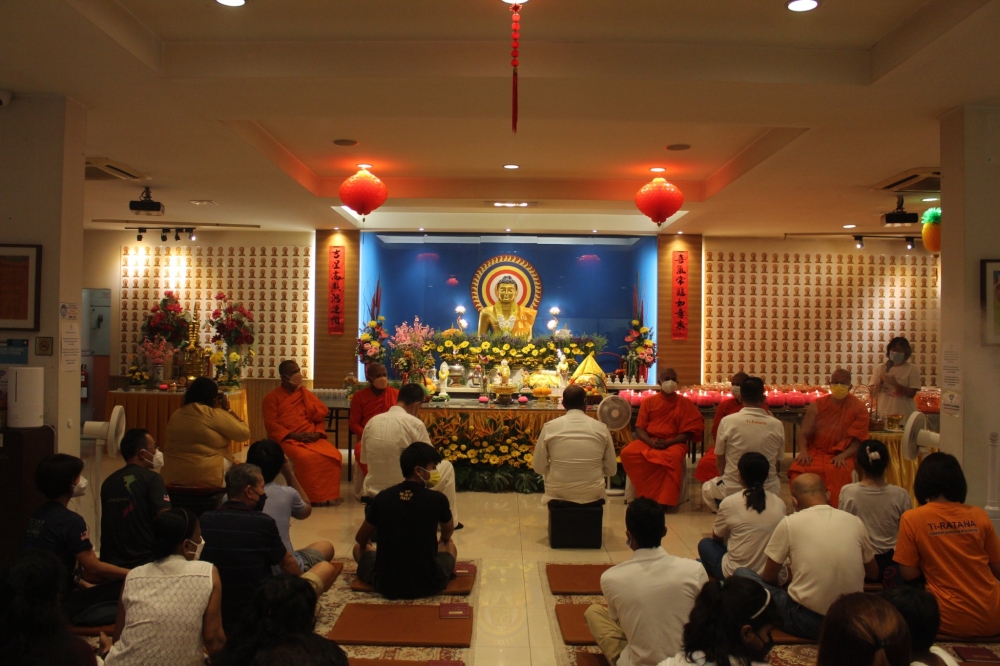
“This is the first year that Wesak Day celebrations will be held after moving out from the Covid-19 pandemic status.
“Last year, when the government announced the transition to the endemic phase, we still celebrated Wesak with great caution. Masks were mandatory as required by the government back then and physical distancing was still encouraged although not required.
“For the past three years, we also did not have any Wesak float processions, which are the highlight of Wesak celebrations at any of our locations. This is the first year that we will have Wesak float processions,” the Ti-Ratana Youth Buddhist Section told Malay Mail when contacted, adding that wearing a face mask will be optional during the celebration period.
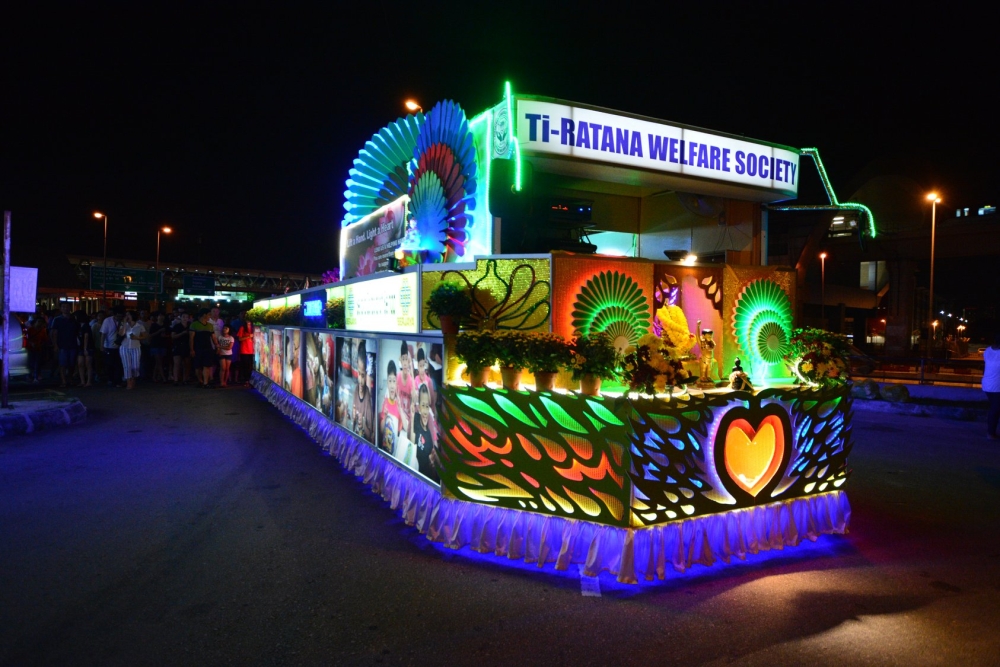
What devotees missed
While prayers and temple donations could be done online, devotees could not perform the ritual of Buddha bathing when the pandemic was at its peak.
“We recall that, in 2020 and 2021, no devotees were allowed to enter the premises during Wesak Day.
“For those two years, Ti-Ratana Buddhist Society and many other organisations conducted several activities online via Zoom and Facebook or YouTube Live, including prayers and Dhamma Talks (sermons).
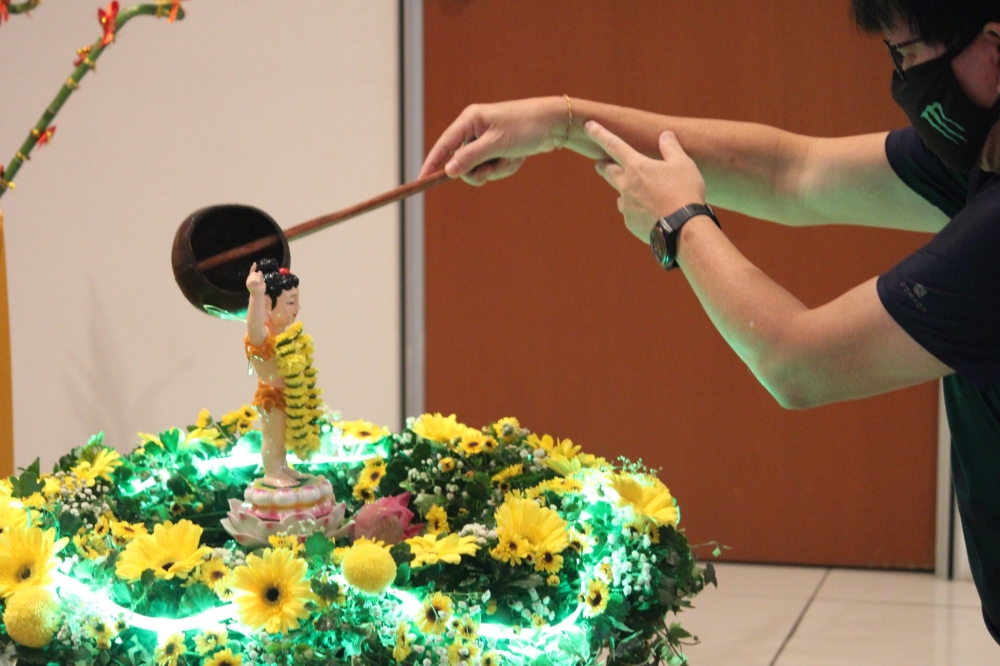
“Devotees had to give bathing the Buddha a miss, a ritual traditionally symbolising inner purification of bad karma (one’s own sins) or do it virtually.
“There were some interactive web applications that allow you to ‘bathe’ the Buddha virtually, and making symbolic offerings of candles, oil lamps and electric lights, flowers, incense, fruit, and water, all had to be done online,” the Buddhist society said.
During that period, devotees would have to fill up a form, make payment online, and then temple staff would make the offerings on their behalf.
Additionally, offering of Lunch Dana (lunch “donation”) to the Sangha (community of monks and nuns) could not be done, so the devotees who wanted to offer food would make use of food delivery services like GrabFood or just wire money to the Buddhist society to order takeaway food for the Sangha.
“Something we’ve observed this year is that we finally get to see the smiles on some of our devotees’ faces, and they also get to see ours.
“We also get to see potluck vegetarian food being brought to our temples.
“Additionally, meditation, which is an integral part of Buddhist practice, can now be conducted in temples again.
“Previously, with mask mandates, many forms of meditation, which start with focus on the breath, were difficult to practise at the temples, and we’ve observed a lot of people tend to fall asleep instead of meditating when you try to conduct it online,” said the Ti-Ratana Youth Buddhist Section.
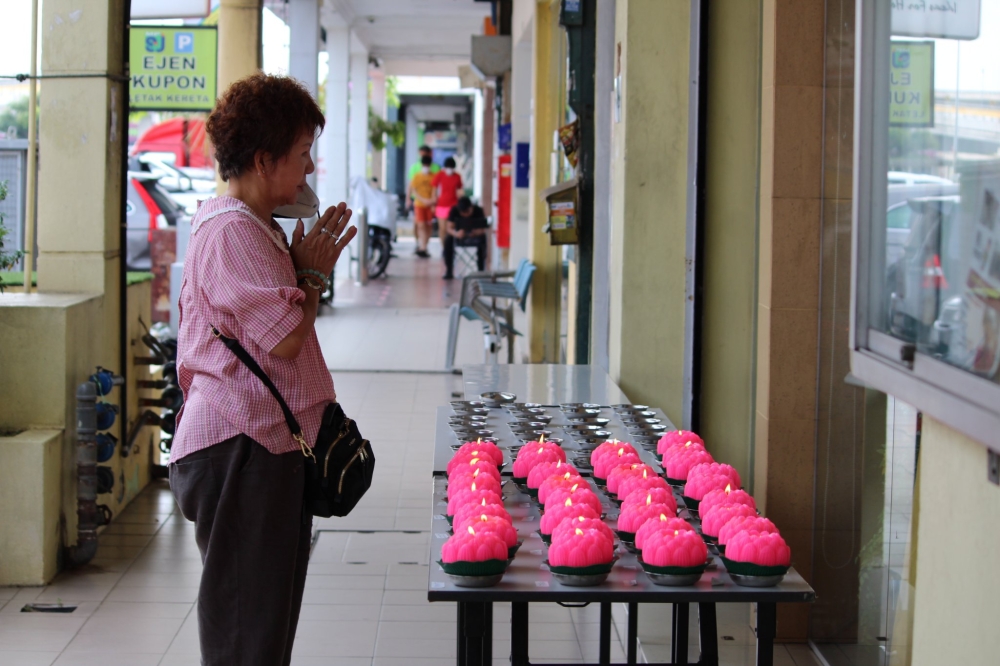
Some things made permanent
Although the country is no longer in a pandemic state, certain standard operating procedures (SOPs) have been made permanent, Ti-Ratana Youth Buddhist Section said.
“One of the SOPs that have been permanently adopted by some temples post the Covid-19 pandemic state is promoting the use of contactless donation options.
“While many temples still do accept cash, many prefer to use contactless donation options not only for hygiene purposes, but for safety reasons as well.
“Another SOP that was adopted permanently was the ability to pre-order offerings or make donations online, whether on an ordinary day or during any festivities.
“Food served during events is also now mostly packed and prepared by food handlers who have undergone health screenings prior to serving the food, and use of PPE (personal protective equipment) is required for food handlers,” the Buddhist society said.
Prior to the pandemic, social media platforms were not used much by many temples, but since then, many have been co-opted for temple activities.
“Another SOP that has been adopted permanently is the use of livestreaming for most of our activities and events.
“We plan to continue livestreaming our events for the benefit of all devotees, not just those in the Klang Valley, but those beyond the area, state and country as well.
“However, some events like Buddha bathing on Wesak or exhibitions will be physical-only events,” it said.
Additionally, there will be no hard limit set for the number of devotees at any of Ti-Ratana temples for this Wesak celebration.
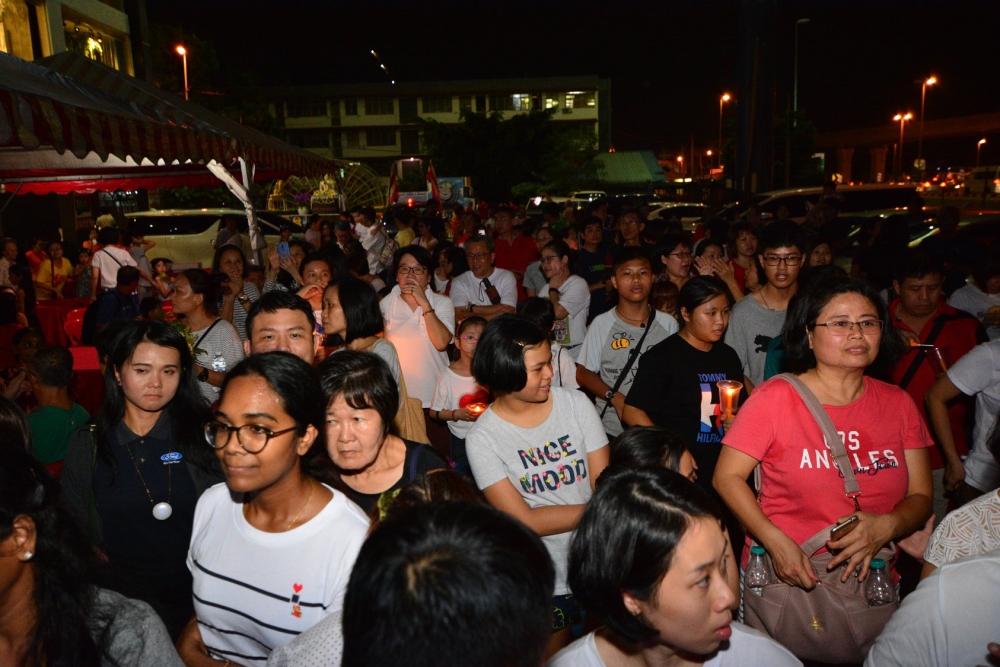
“During our float processions, we will have Rela personnel as well as temple volunteers and staff for crowd control and first-aid medics on site.
“Of course, there are actual physical capacity limits defined by the size of the temple, as well as safety regulations which have existed pre-pandemic and still do exist post-pandemic,” it added.
A devotee who has frequented the Ti-Ratana Puchong branch since 2008 expressed relief with the country’s current Covid-19 state.
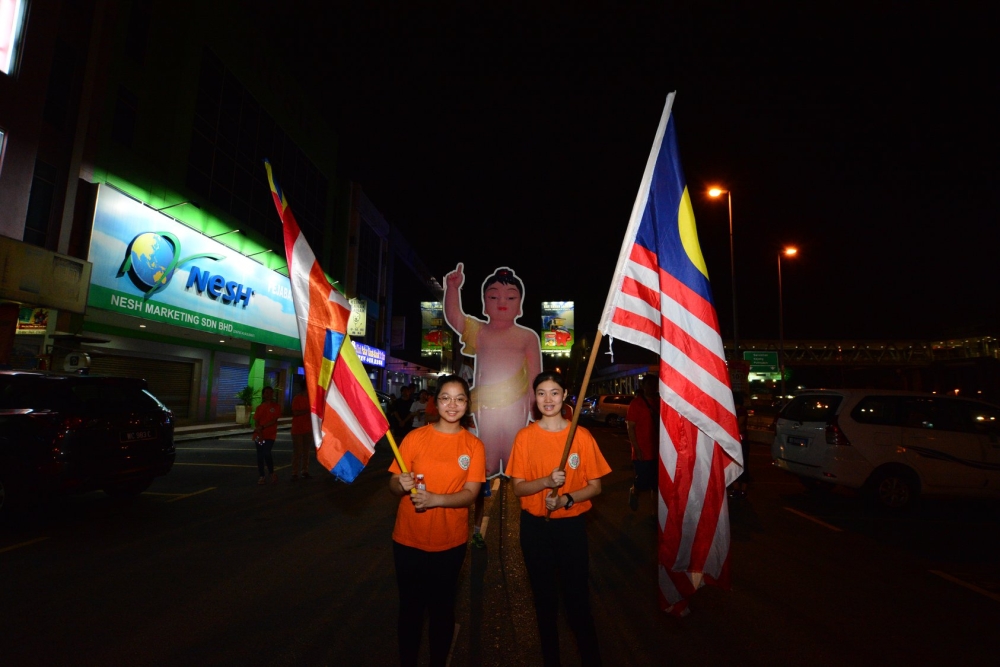
“In my opinion, religion has a positive impact on mental health and emotional well-being.
“Human beings are social beings and being asked to stay at home will cause a sense of constraint.
“People are finally able to connect face-to-face and there is (once again) a sense of belonging (that was long lost),” said the devotee who only wanted to be known as Lee.
According to a member of the Ti-Ratana Youth Section, the 20-year-old who wanted to remain anonymous expressed excitement for the Wesak celebration.
“I think the pandemic has made many of us realise we are extroverts when we thought of ourselves as introverts.
“I cannot wait for this coming Wesak celebration.”













